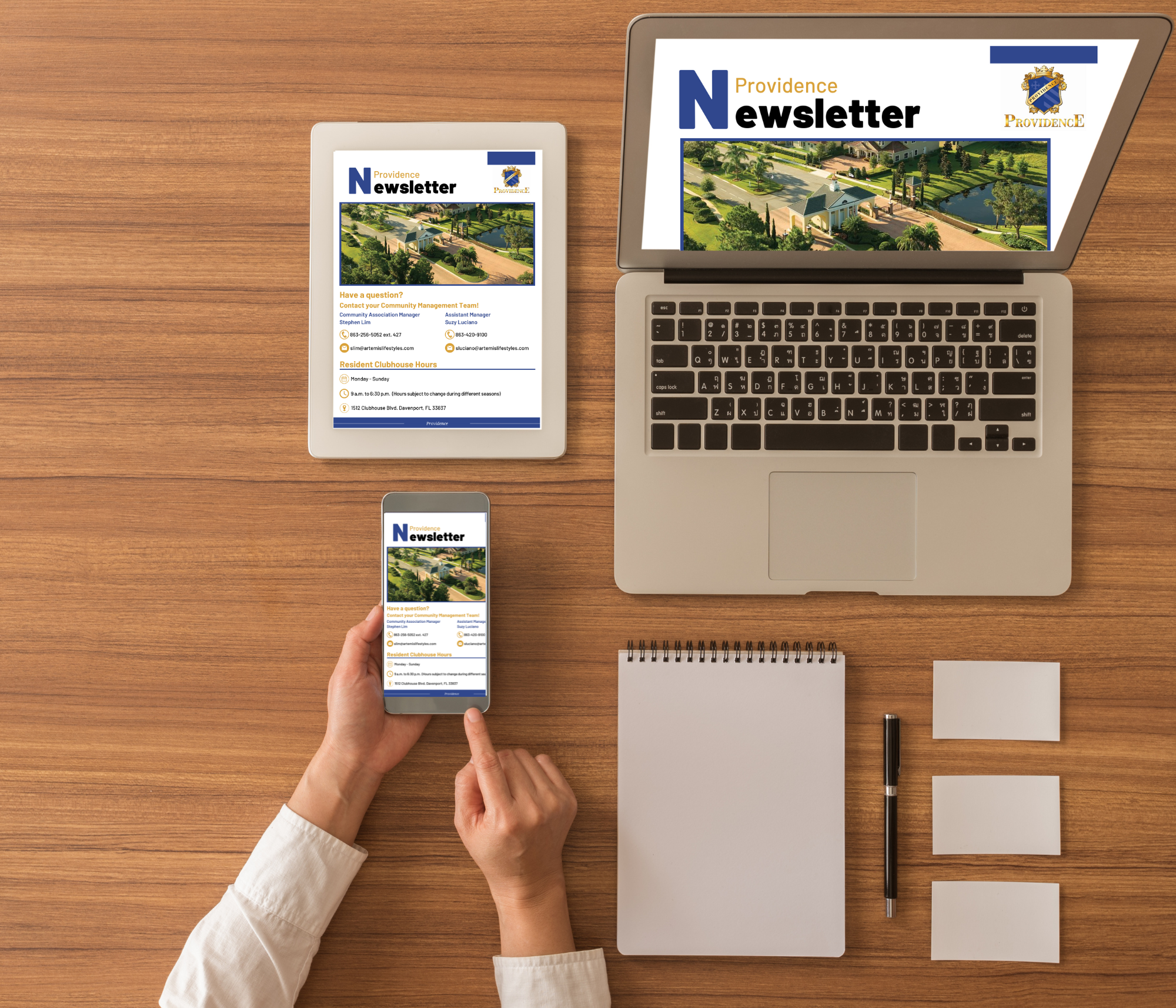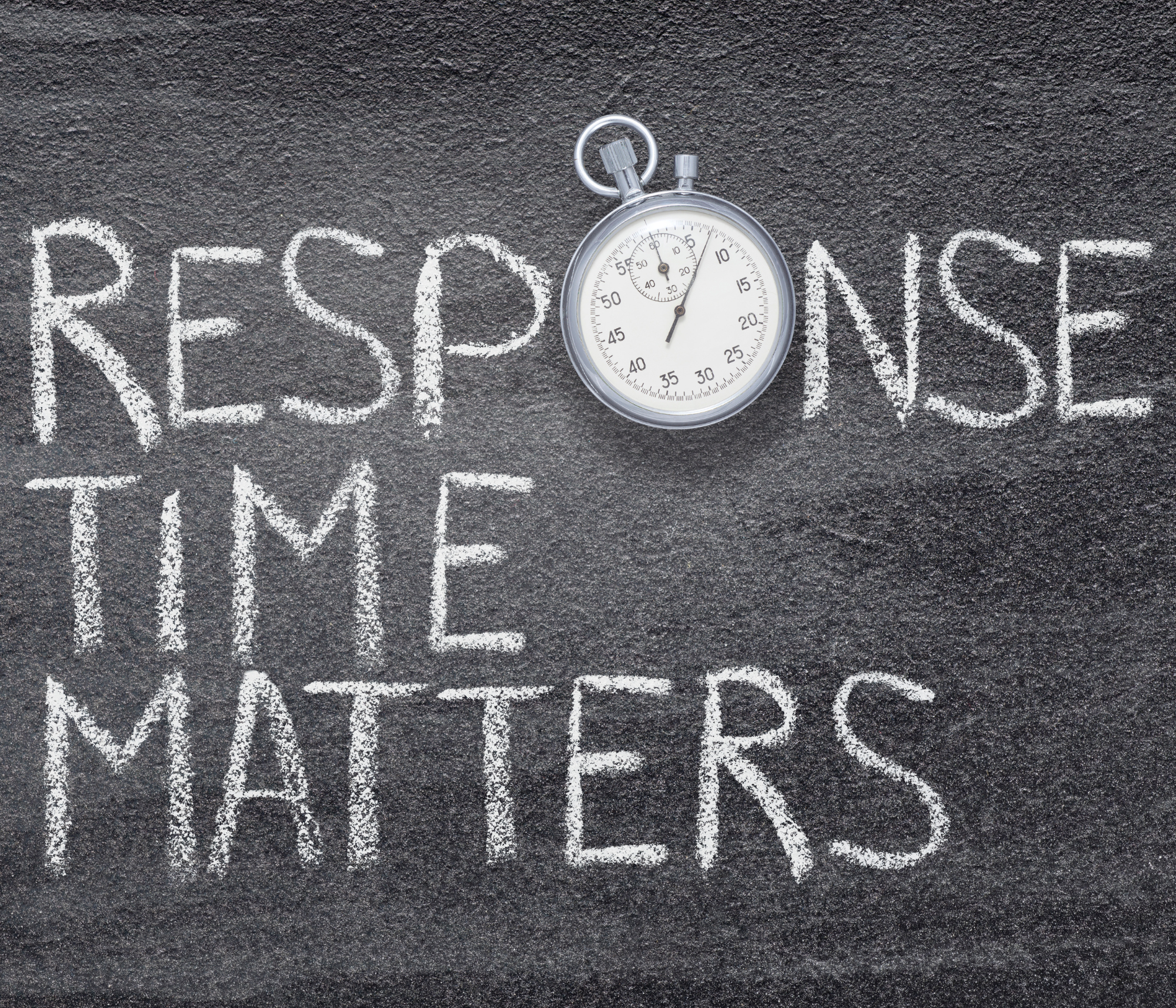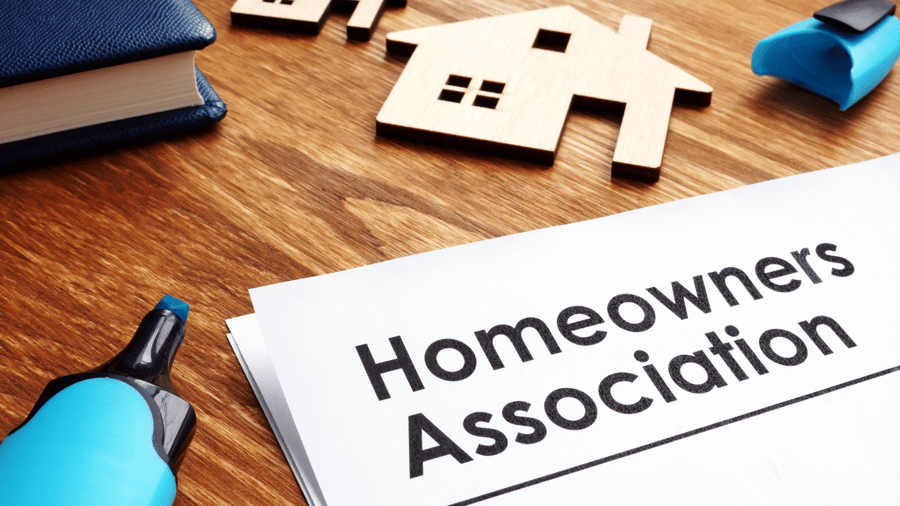Why Clear Communication Is the #1 Key to a Thriving HOA Community
Clear and Consistent Communication
Clear and consistent communication is the heartbeat of any thriving HOA community. Whether you're an HOA board member, community manager, or resident, effective communication is what builds trust, strengthens engagement, and reduces the likelihood of disputes.
In this article, we’ll explore why communication is so vital to homeowners associations and share proven ways your HOA can improve connection with residents.

Why Strong Communication Matters in HOA Communities
In many HOA-managed neighborhoods, the top complaint from homeowners is poor or inconsistent communication. When residents feel uninformed about policies, decisions, or changes, it can lead to confusion, frustration, and in some cases, resentment.
But great communication can reverse that narrative.
Clear updates create trust. When residents understand the reasoning behind decisions, they are more likely to support them—even if they don’t agree with every outcome.
Transparency reduces disputes. When boards are open about project timelines, enforcement issues, or budget decisions, misunderstandings are less likely to arise.
Open communication drives engagement. A community that feels heard and informed is far more likely to participate in meetings, serve on committees, and contribute ideas.
Parking Confusion in Your Community?
Clear communication is especially important when it comes to community rules like parking. Learn how your HOA can effectively enforce parking policies here.

How to Improve Communication in Your HOA
Use Multiple Channels to Reach Residents
Not every resident checks their email, and not everyone uses social media. That’s why a strong HOA communication strategy includes multiple channels to reach people where they are.
Email newsletters are great for regular updates. Community portals offer a hub for documents and policies. Social media groups help facilitate conversation. And for more urgent updates, text alerts or notices posted in shared spaces like the clubhouse or mailbox areas work well.
Tip: Offer both digital and printed options to ensure everyone stays informed—especially older residents who may be unfamiliar with navigating the digital space or those without internet access.

Share Updates Promptly and Transparently
When important information is delayed or unclear, residents are left to fill in the blanks—and that’s when misinformation spreads.
Be proactive. Share meeting agendas in advance. Post minutes quickly after meetings. Give advance notice of any construction projects or policy changes. If fees are increasing, clearly explain why and how the decision was made.
Why this matters: Regular updates show that the board is organized, respectful of residents' time, and committed to transparency.
Want Your Residents to Stay Violation-Free?
Effective communication around landscaping rules can prevent frustration. Check out our lawn care tips to avoid HOA violations.

Want to improve how your board connects with residents? Artemis Lifestyles helps HOAs build custom communication strategies that drive engagement and transparency.
Encourage Feedback and Resident Input
Strong communication isn’t just about broadcasting information—it’s also about listening. When residents feel heard, they’re more likely to remain active and cooperative community members.
Consider creating an online suggestion form, distributing short surveys, or reserving time in meetings for open Q&A. Let residents know their voices matter—and make sure you follow up when feedback is given.
Pro Tip: Acknowledge feedback publicly in meeting notes or community updates. Recognition encourages continued involvement.

Clarify How and When You'll Respond
Homeowners often feel ignored when their questions or concerns go unanswered. That frustration can escalate into resentment or conflict.
Make it clear how residents should contact the board or management team—and how soon they can expect a response. A standard goal is to respond to non-urgent inquiries within 24–48 hours. For urgent issues, send a brief confirmation that it’s being handled.
Setting expectations builds trust and prevents miscommunication from spiraling into complaints.
Want to Improve Communication in your Board Meetings?
We get it, meetings can be stressful. Check out these tips to remember for successful Board Meetings.

Keep Communication Professional and Constructive
Tone matters. Even when dealing with a difficult topic or a frustrated resident, all written and verbal communications should be courteous, respectful, and solution-oriented.
Avoid emotionally reactive language and stick to facts. If a resident is in violation of a rule, explain the policy clearly and outline steps they can take to resolve the issue.
Remember: The goal is not to "win" the conversation—it’s to maintain a positive and functional community atmosphere.

Why Prioritizing Communication Pays Off
A well-informed community is a confident one. When residents feel informed, heard, and respected, your HOA is more likely to run smoothly—with higher participation, fewer disputes, and stronger resident satisfaction.
Even simple steps—like posting monthly updates or clarifying how to reach the board—can have a big impact. Over time, these habits build a stronger, more unified community.
Is your HOA ready to boost communication and reduce resident frustrations? Let Artemis Lifestyles help you craft a communication strategy tailored to your community’s needs.

Q&A: HOA Communication FAQ's
Q1: What’s the most effective way to communicate with HOA residents?
A: A multi-channel approach—email, community portals, printed notices, and text alerts—is the most inclusive and effective method.
Q2: How often should HOAs update residents?
A: At minimum, monthly. During key project periods, weekly or biweekly updates may be necessary to maintain trust and transparency.
Q3: Can social media be used for official HOA communication?
A: Yes, but it should complement—not replace—official channels like community portals or emails.
Q4: What should be included in a community newsletter?
A: Include upcoming events, policy updates, board meeting recaps, and any important reminders about dues or community maintenance.
Q5: How can we improve participation at meetings?
A: Promote meetings early, share agendas in advance, and allow time for Q&A. Consider offering refreshments or small incentives for attendance.
Subscribe to Our Blog
Related Posts
HOA
Community Management
Florida HOA communities
HOA holiday decorating guidelines
Holiday decorating tips for HOA communities
HOA community rules for decorations
HOA property maintenance during holidays
How to avoid HOA decoration violations
Holiday decorating competition ideas
Outdoor Christmas decorating tips


HOA
Community Management
Florida HOA communities
Enforcing parking policies in HOAs
HOA community management tips
HOA governing documents
Common HOA disputes and resolutions
HOA community involvement
HOA Responsibilities
HOA Rules and Enforcement
HOA meetings and homeowner rights
HOA budgeting and fees



